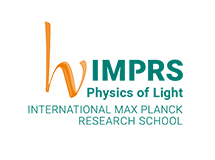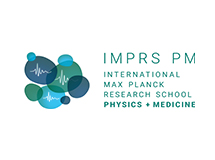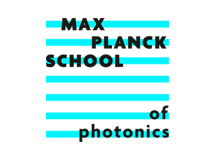New paper on the arxiv: Exploring extreme thermodynamics in nanoliter volumes through stimulated Brillouin-Mandelstam scattering

Read about optoacoustics in different thermodynamic phases in toxic liquids and the interesting regime of negative pressure here!
Abstract:
Examining the physical properties of materials - particularly of toxic liquids - under a wide range of thermodynamic states is a challenging problem due to the extreme conditions the material has to be exposed to. Such temperature and pressure regimes, which result in a change of refractive index and sound velocity can be accessed by optoacoustic interactions such as Brillouin-Mandelstam scattering. Here we experimentally demonstrate Brillouin-Mandelstam measurements of nanoliter volumes of liquids in extreme thermodynamic regimes. We use a fully-sealed liquid-core optical fiber containing carbon disulfide; within this waveguide, which exhibits tight optoacoustic confinement and a high Brillouin gain of (32.2 ± 0.8) 1/(Wm), we are able to conduct spatially resolved measurements of the Brillouin frequency shift. Knowledge of the local Brillouin response enables us to control the temperature and pressure independently over a wide range. We observe and measure the material properties of the liquid core at very large positive pressures (above 1000 bar), substantial negative pressures (below -300 bar) and we explore the isobaric and isochoric regimes. The extensive thermodynamic control allows the tunability of the Brillouin frequency shift of more than 40% using only minute volumes of liquid. This work opens the way for future studies of liquids under a variety of conventionally hard-to-reach conditions.
Authors:
Andreas Geilen, Alexandra Popp, Debayan Das, Saher Junaid, Christopher G. Poulton, Mario Chemnitz, Christoph Marquardt, Markus A. Schmidt, and Birgit Stiller
Thank you to all for the nice collaboration!
Contact
Stiller Research Group
MPI for the Science of Light
Staudtstr. 2
D-91058 Erlangen, Germany





